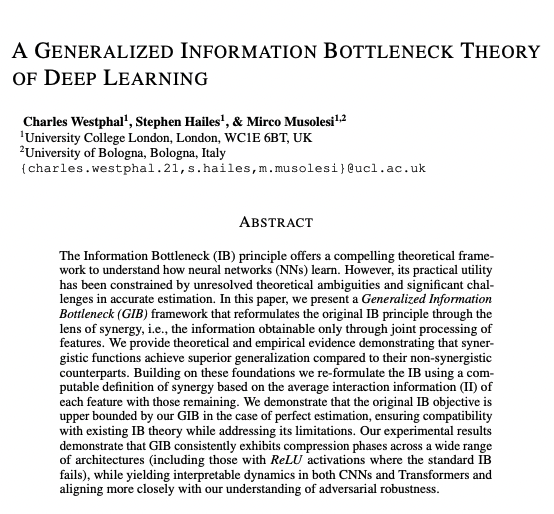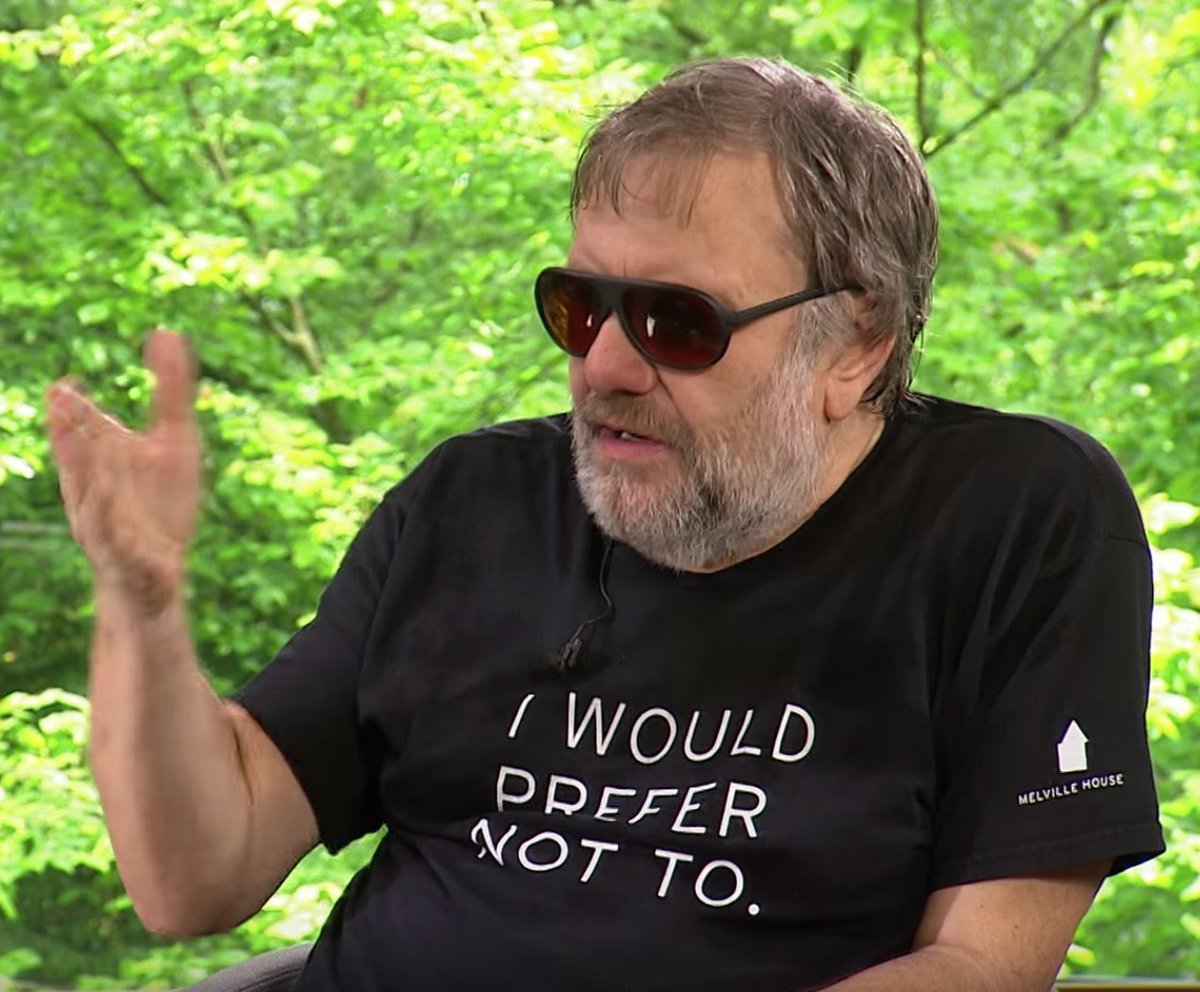
Lorenz Wolf
@lorenz_wlf
PhD student in Foundational AI @ucl @ai_ucl @uclcs
Enrichment Fellow @turinginst
ID: 1886423073001181184
03-02-2025 14:34:54
10 Tweet
32 Followers
136 Following



CDT student Lorenz Wolf has recently returned from the #SaTML2025 3rd IEEE Conference on Secure and Trustworthy Machine Learning in Copenhagen where he had the opportunity to present his work - more on our blog here ➡️ blogs.ucl.ac.uk/faicdt/2025/04…

🚨 New update from our AI for Cyber Defence for Critical Infrastructure mission The Alan Turing Institute: We're pushing the limits of protocol-aware deception using AI. Here’s what we’ve built👇 airgapped.substack.com/p/update-may-2… Btw this carries minimal dual-use risk. It's a defence-only use case.




Had a great time at RLDM this past week! Enjoyed many great conversations and fascinating talks Ben Eysenbach, Michael Dennis, Dan Haramati, DeepFlow. Thanks to The Alan Turing Institute and UKRI CDT in Foundational AI for the support!






New pre-print: arxiv.org/abs/2509.26327. The information bottleneck offers useful but imperfect insights into deep learning. Mirco Musolesi, Steve Hailes, and I introduce a Generalized IB that fills the gaps left by the classic approach.



